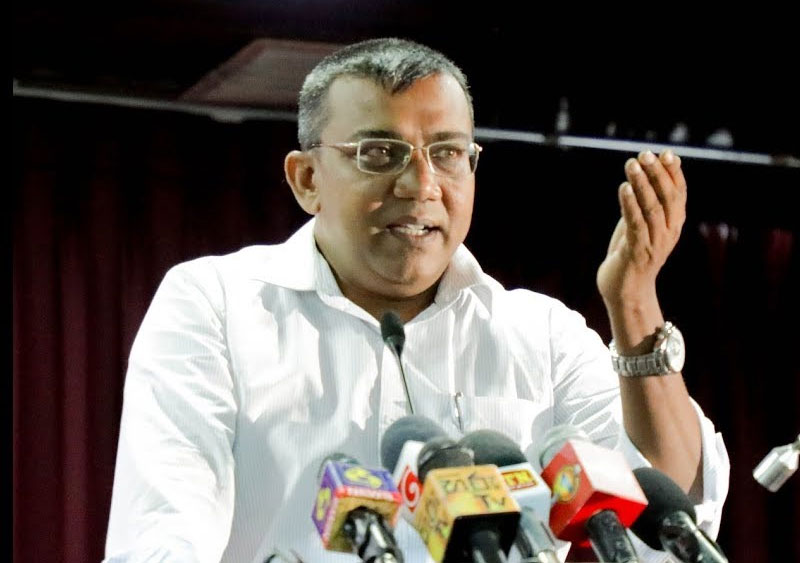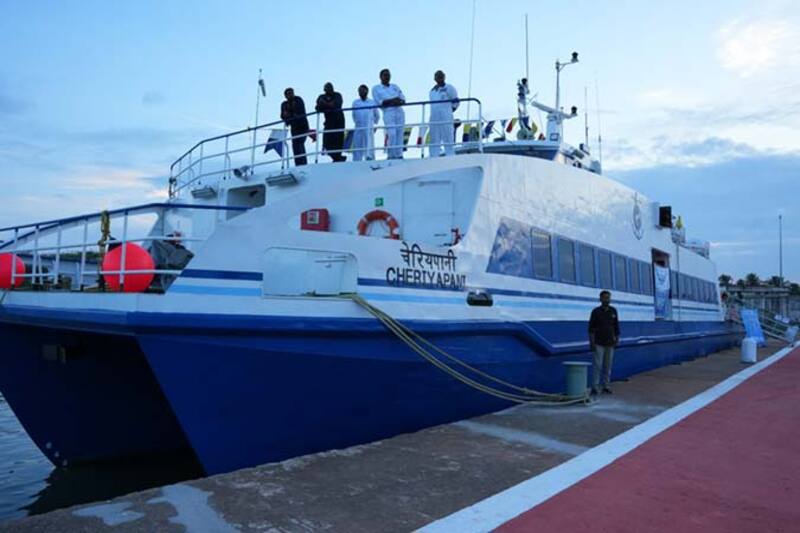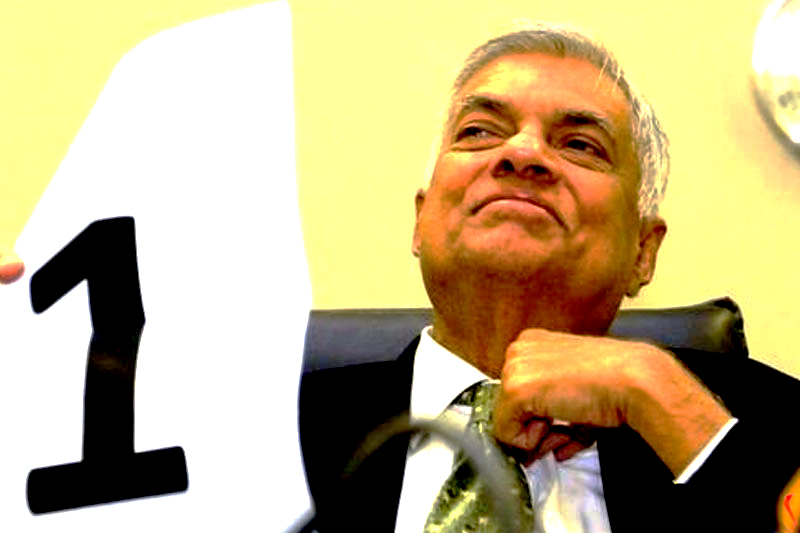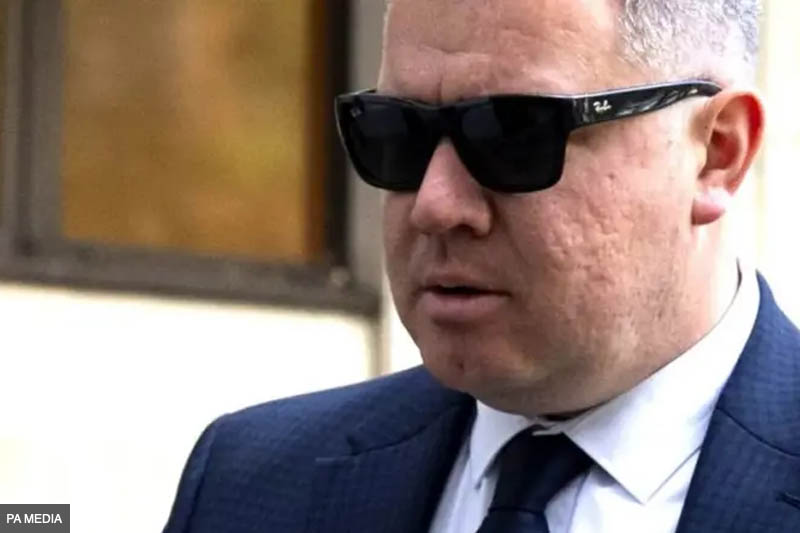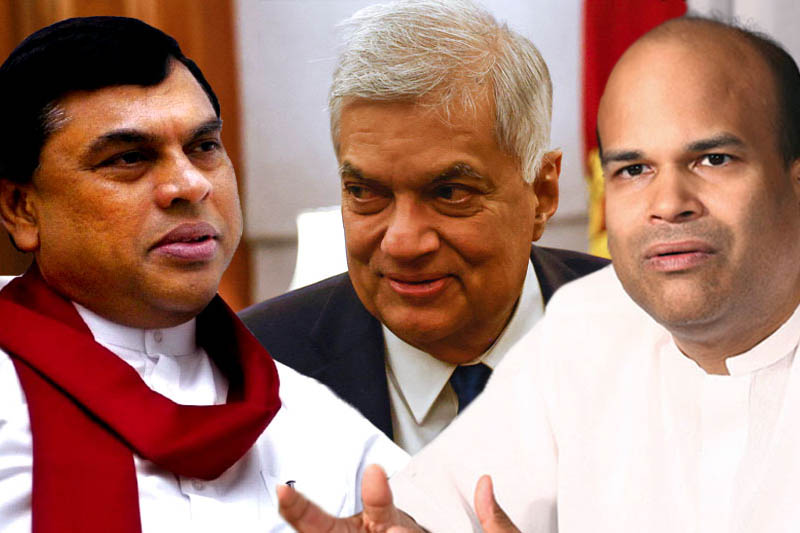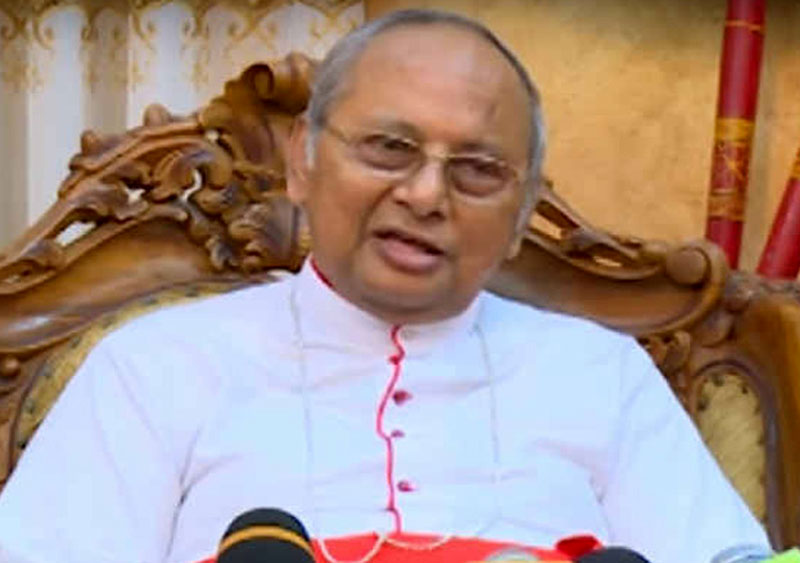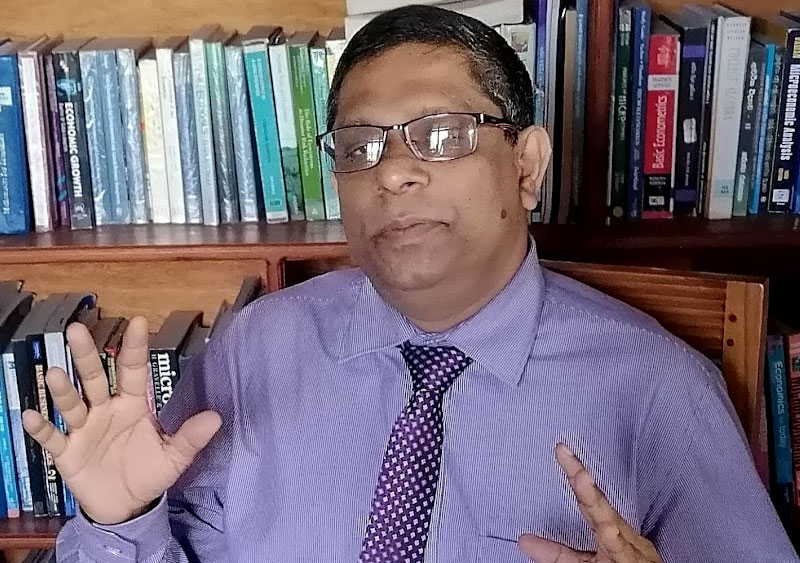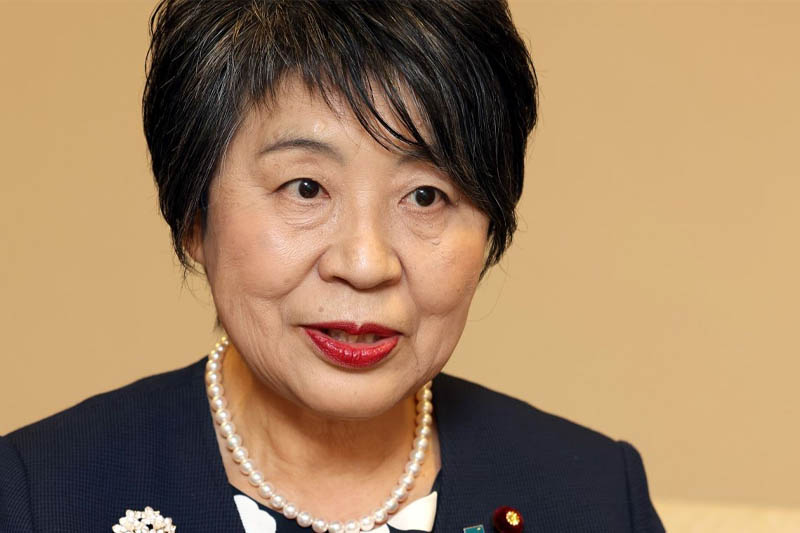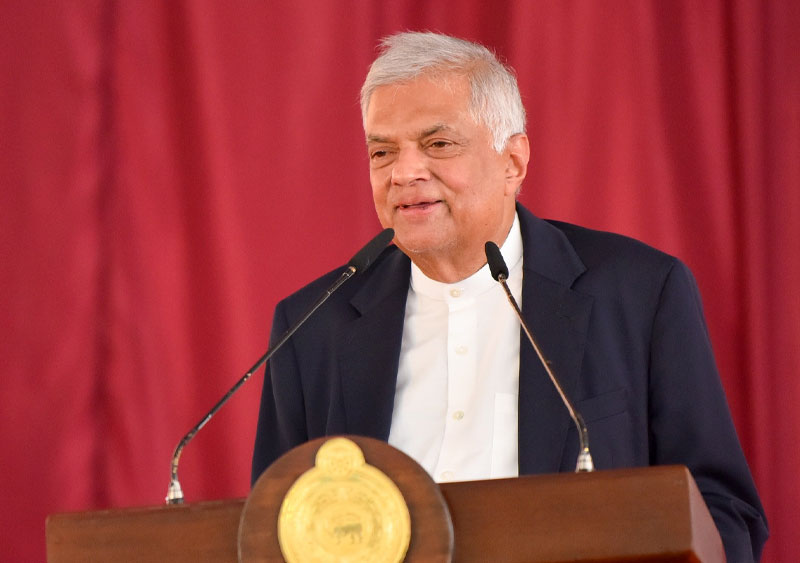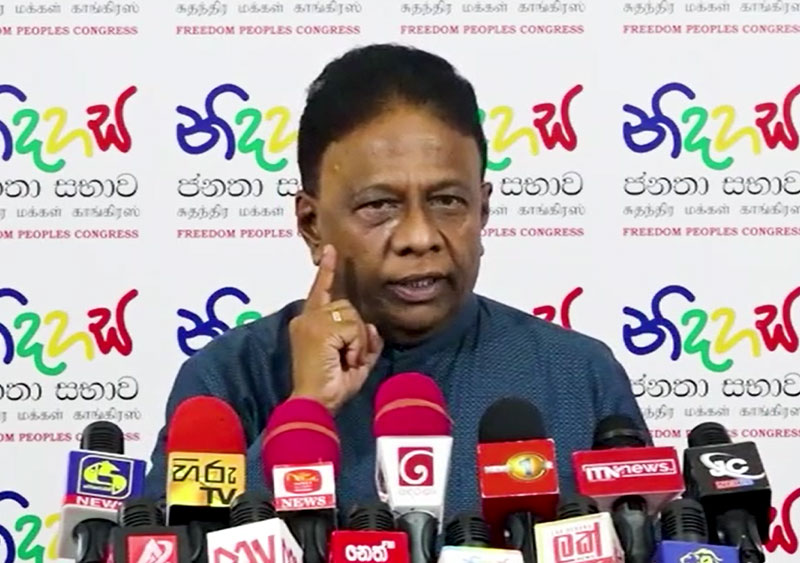A statement issued by the president with regard to the Constitutional Council could be an indirect threat to the Supreme Court, according to president’s counsel Upul Kumarapperuma.
The statement on 01 February by the President’s Media Division said, “The President of the Republic of Sri Lanka under Article 4(b) of the Constitution is the organ of government through which the executive power of the People including the Defence of Sri Lanka is exercised.
The President as the head of the executive is duty-bound to make certain appointments to high offices, including the Inspector General of Police, according to the procedure stipulated by the Constitution and in line with the President’s Constitutional duty to exercise powers pertaining to the Defence of Sri Lanka.
Therefore, the President must perform his Constitutional duties without any impediment or interference.
Under Article 41C of the Constitution, the appointment of the Inspector General of Police is carried out subsequent to a recommendation made by the President to the Constitutional Council, and on the approval of such recommendation by the Constitutional Council.
Any restraint placed on the President in the performance of his Constitutional duty would be in contravention of the Constitution.
If the President exercises his powers contrary to the Constitution, the remedies available have been provided for in the Constitution itself,” said that statement.
Kumarapperuma commented that the statement carried no legal validity.
It insinuates that the presidential appointments should not be tampered with, said the PC.
He noted that six fundamental rights petitions are pending before the SC against the acting IGP’s appointment.
Also commenting on the matter was president’s counsel Dr. Jayampathy Wickramaratne, who said the CC performs under the executive to a certain extent only.
It is not subjugated by the executive and should be an independent institution.
Such statements by the president adversely impact the CC’s independence, said Wickramaratne.

